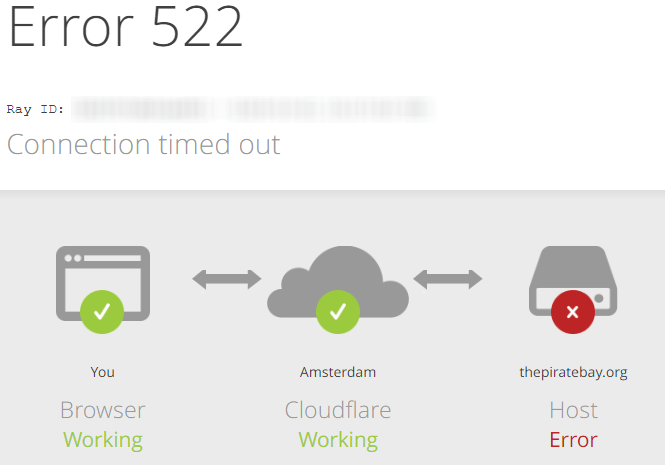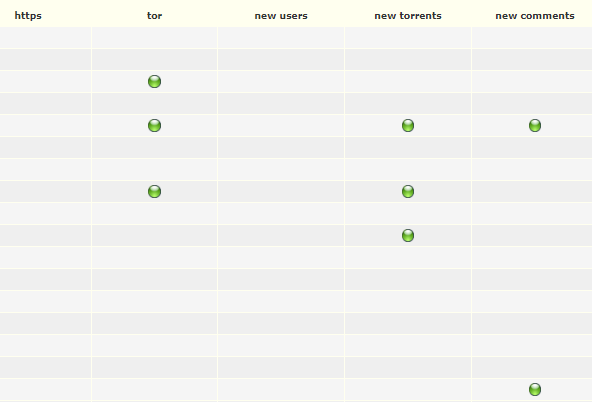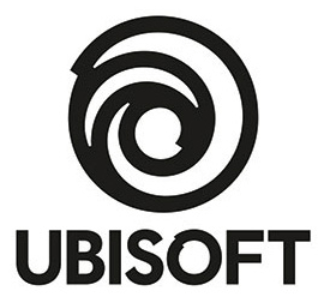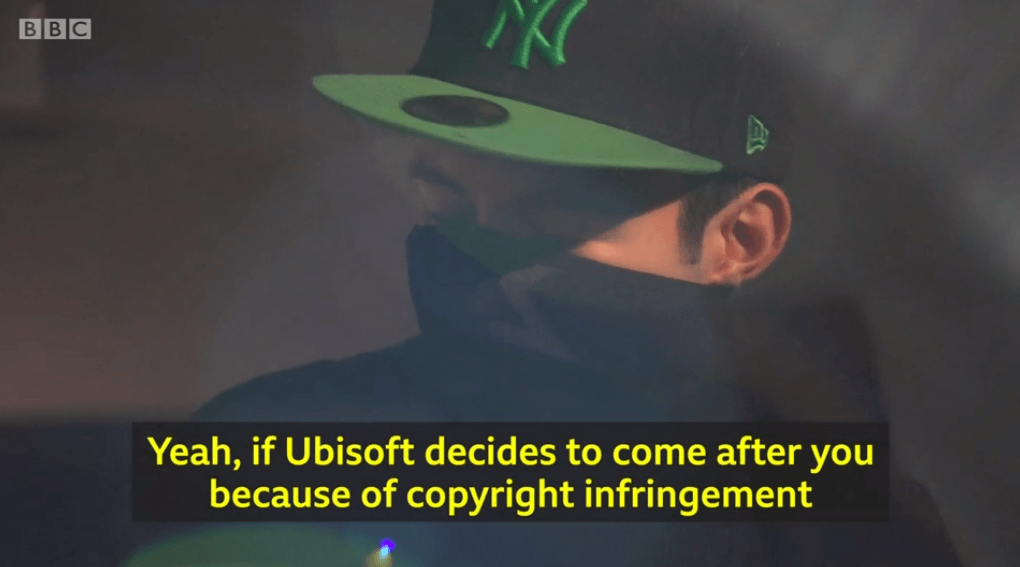More ‘Pirate’ CDNs Shut Down Following BREIN, MPA, ACE Legal Action
vendredi 25 octobre 2019 à 08:00
Last Friday, Dutch anti-piracy group BREIN teamed up with the Motion Picture Association (MPA) and Alliance for Creativity and Entertainment to take action against a massive supplier of pirate movies and TV shows.
Moonwalk, as the Content Delivery Network was known, supplied an estimated 80% of known Russian streaming portals. These sites were able to embed a video player which presented not only movies and TV shows from Moonwalk, but advertising too. For this service, Moonwalk reportedly paid the sites $0.60 per 1000 views.
After bailiffs acting on BREIN’s behalf served ex parte court orders on five Netherlands-based hosting providers, which required them to disconnect and preserve evidence on Moonwalk’s operations, the CDN shut down, stating it would “NEVER be up again“.
This week TorrentFreak spoke with cybersecurity company Group-IB. The Singapore-based firm, which is a partner of both INTERPOL and Europol, had previously supplied us with information detailing the activities of Moonwalk. It has now provided an interesting update on the fallout from last week’s legal action.
Group-IB says that at the time of its shutdown, Moonwalk was even bigger than the conservative figures published by BREIN last week suggest. While BREIN claimed more than 26,000 movies and 10,000 TV shows were stored, Group-IB says that 28,258 movies were being distributed alongside 14,549 TV shows at the time of the shutdown.
However, it’s the knock-on effect and the state of the market after the takedown that raises the most interest.
Group-IB informs us that another big “pirate-powered” CDN known as HDGO has also shut down following the action by BREIN and its partners. The cybersecurity firm believes that the closures are connected because HDGO used some of the same infrastructure as Moonwalk.
“Compared with other CDNs HDGO provided new content faster and guaranteed a higher income for pirate websites’ owners,” says Dmitry Tyunkin, Deputy Director of Anti-Piracy and Brand Protection at Group-IB.
A second “pirate-powered” CDN, known online as Kodik, has also shut down as a result of the Moonwalk action. Again, Kodik is believed to have used the same infrastructure as Moonwalk and HDGO, suggesting that the BREIN court orders may have had an even wider effect.
“The Kodik CDN used some of Moonwalk’s servers, especially the ones where TV show content was stored. According to our estimates, Kodik could have lost 8,000 out of 17,000 TV shows. It’s known that there was a pirated content ‘exchange agreement’ between Moonwalk and Kodik,” Tyunkin adds.
It’s estimated that Moonwalk’s CDN player could have been built-in into thousands of websites so the removal of the players could have an even more profound effect.
“In the short-term perspective, the shutdown of Moonwalk, HDGO and Kodik could mean a big blow to online piracy in Russia and can potentially contain pirated video content distribution for some time.”
But Moonwalk, HDGO, and Kodik weren’t the only players in the ‘pirate CDN’ market. Group-IB says that despite the magnitude of the recent efforts and initial fallout, in the long-term the “many competitors” of Moonwalk are likely to step in to facilitate supply.
The company believes there are 10 “pirate-powered” CDNs still supplying the market, including major players HDVB, VideoCDN, and Collaps.
“According to Group-IB’s data, 80% of pirated movies in Russia are now streamed, a figure that increases to 90% for TV shows,” the company says.
“The majority of Russian online pirates use CDNs because they store hundreds of thousands of files containing films and TV series, and offer a technical service that allows to automatically place this content on pirate websites.
“Some of these technical CDN providers also offer web modules that autofill sites with film posters and descriptions, and in some cases even supply unique reviews.”
Finally, in terms of impact on the global market, Group-IB believes the shutdowns have the potential to affect between 5 and 10 percent of worldwide supply but cautions that this is “definitely a temporary change.”
Source: TF, for the latest info on copyright, file-sharing, torrent sites and more. We also have VPN reviews, discounts, offers and coupons.







